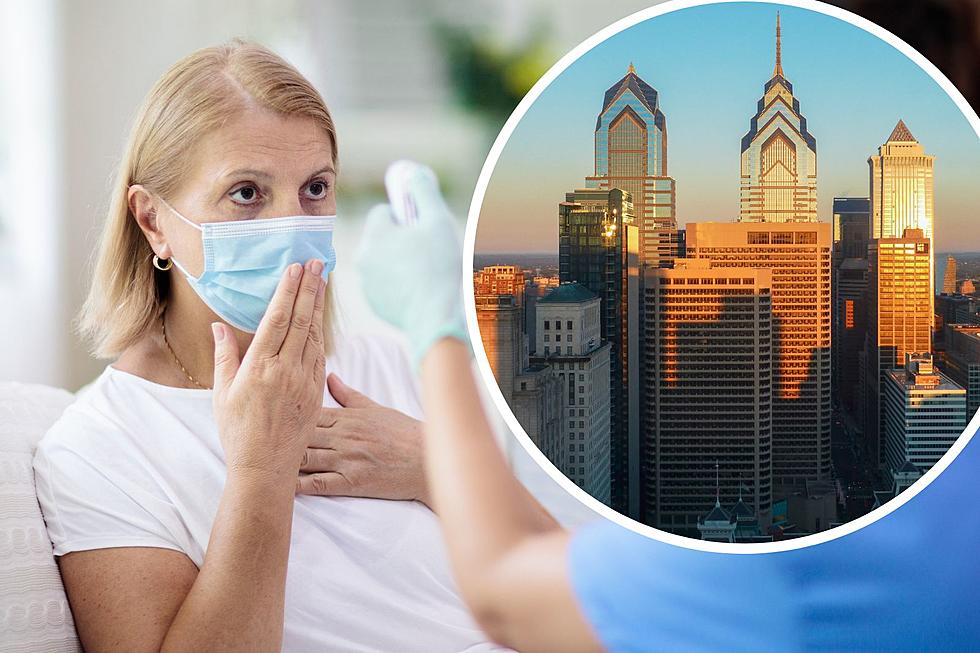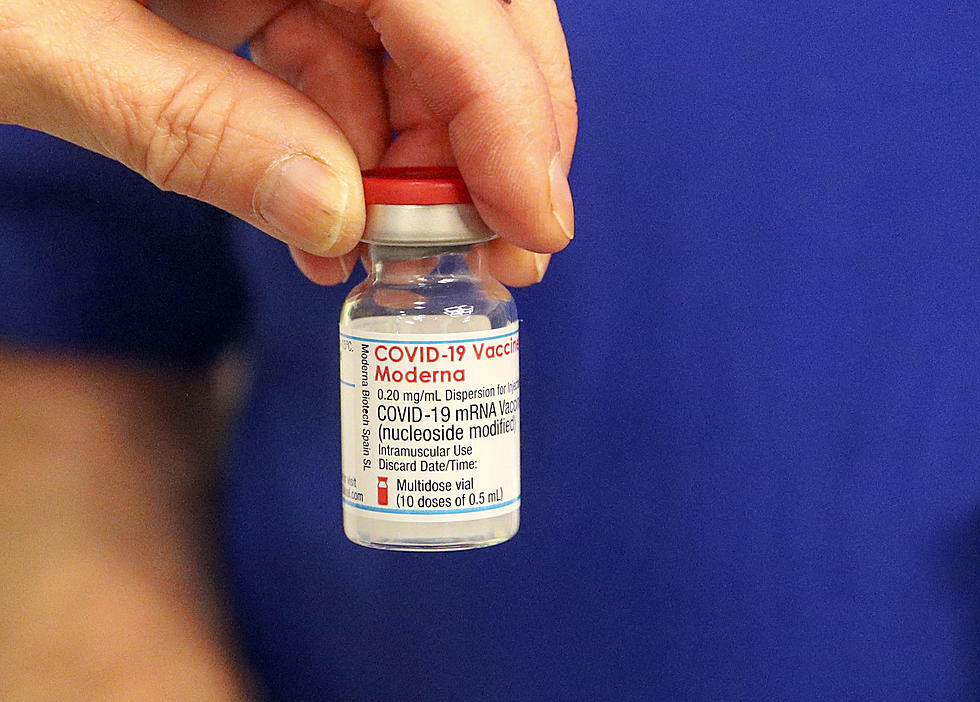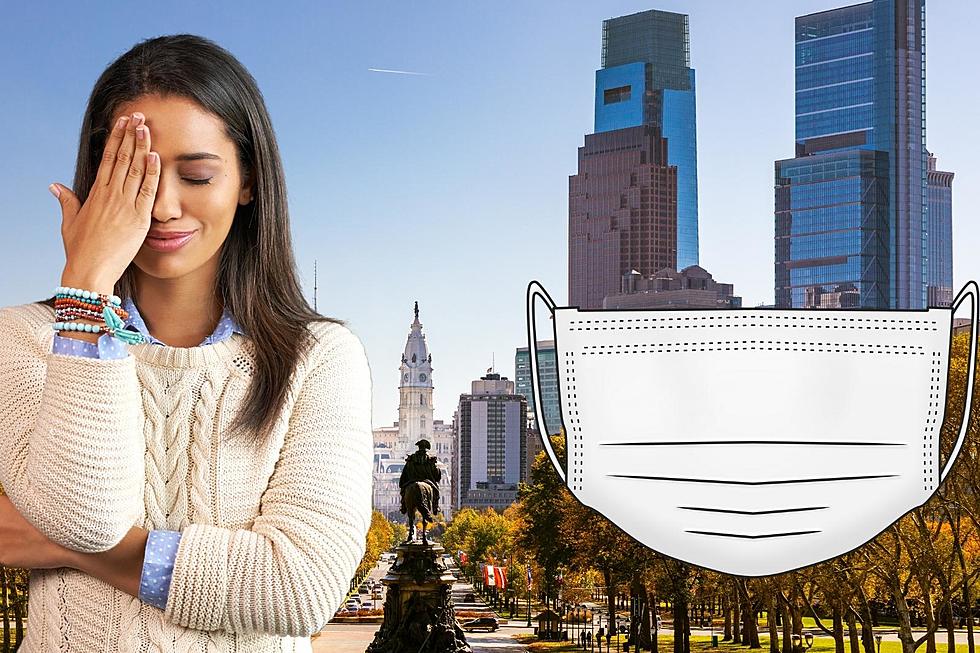
Pennsylvania To Allow Up To 7,500 Fans Into Sporting Events
Pennsylvania officials have loosened some of the state’s COVID-19 restrictions. Most notably, large stadiums (with a capacity of more than 10,000 people) will be allowed 15% of their maximum occupancy, up to 7,500 people, the state says.
Attendees must wear masks and comply with social distancing requirements, of course, when they visit the venues.
“Pennsylvanians must continue to social distance and wear masks as we prepare to fight the virus through the fall and winter,” Gov. Tom Wolf said in a statement. “We know everyone has sacrificed in many ways and today’s announcement reflects a gradual adjustment to our lives as we learn how we can do things safely until we have a cure, or an effective vaccine is widely available.”
It is not immediately clear if these will impact the city of Philadelphia and any of the upcoming Eagles games at Lincoln Financial Field. The city of Philadelphia has the right to be more restrictive than the rest of the state. The city’s health commissioner is expected to address the rules during his COVID-19 briefing Tuesday afternoon.

“We will closely monitor cases and outbreaks and if our case investigation and contact tracing efforts determine that events or gatherings are the source of an outbreak, we can and will dial back these new limits,” Pennsylvania's Secretary of Health Dr. Rachel Levine said. “Public health and safety are our first concern and will always remain as such.”
Here’s a look at the detailed restrictions:
Indoor venues:
• Capacity of 0 to 2,000 people: 20% of maximum occupancy
• Capacity of 2,001 to 10,000 people: 15% of maximum occupancy
• Capacity over 10,000 people: 10% of maximum occupancy up to 3,750 people
Outdoor venues:
• Capacity of 0 to 2,000 people: 25% of maximum occupancy
• Capacity of 2,001 to 10,000 people: 20% of maximum occupancy
• Capacity over 10,000 people: 15% of maximum occupancy up to 7,500 people
Based on how the city of Philadelphia has held back on loosening restrictions (slightly behind the state of Pennsylvania), it’s likely that these won’t immediately go into effect in Philadelphia.
More From 94.5 PST









